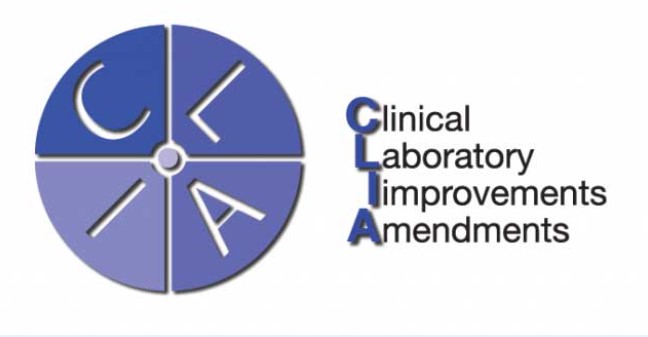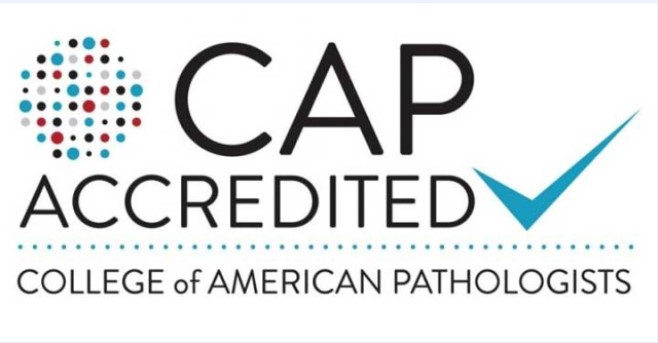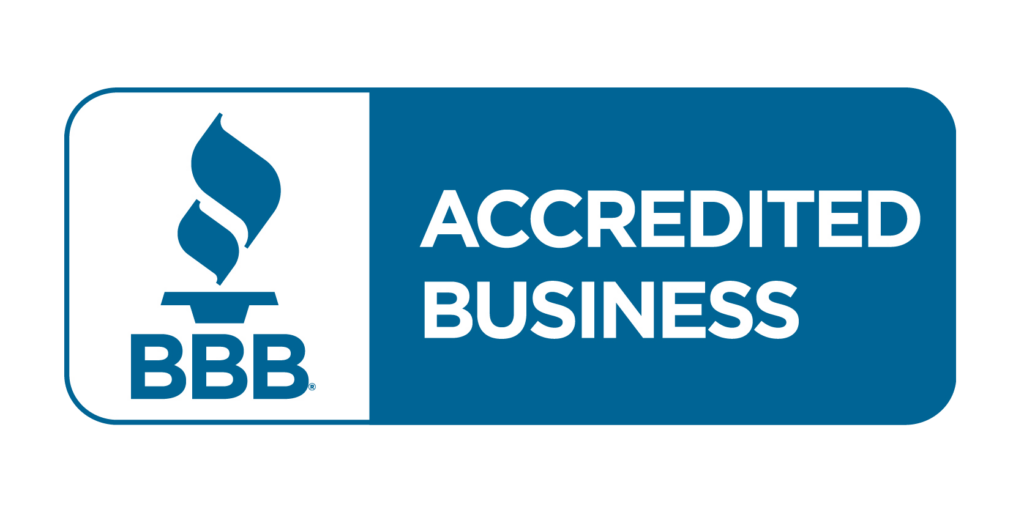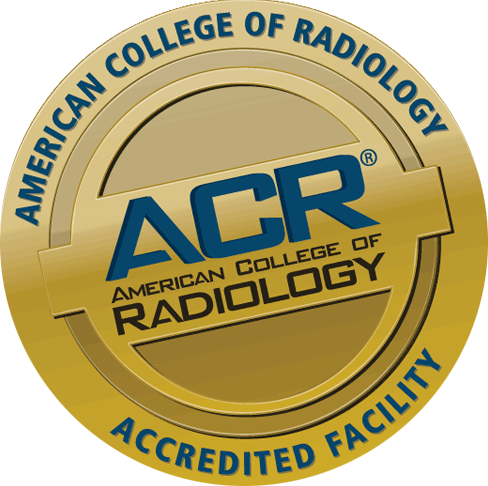Testicular cancer is a cancer that does not follow the common risks associated with age. Instead, testicular cancer is most common in younger males between puberty and age 35. This cancer is associated with a growth or lump located within the scrotum.
Causes
Testicular cancer does follow the common risk of family history; however, many other potential causes and risks are also associated. Different diseases and genetic disorders that affect the testicles can be a cause of testicular cancer. Cryptorchidism, or the testicles not properly descending at puberty, can be a risk factor for this type of cancer as well. As discussed above, age as well as race can also be risk factors.
Symptoms
The most common symptom is a firm lump in the scrotum, and this can often be felt during a self-exam. Other symptoms include a feeling of weight in the scrotum, swelling of the testicles that could present pain, and potential pain or a dull ache in the testicles, scrotum, or groin region.
Diagnosis
If a lump is found, it is important for you to consult your doctor. While it may be nothing at all, it is important to do further examination to make sure. Your doctor may order an ultrasound of the testes, a CT scan of the abdomen, a chest x-ray, and certain blood tests that will present any markers in the blood associated with testicular cancer.
Treatment
The first line of treatment is to remove the affected testicle to get rid of the cancer cells. Radiation and chemotherapies may also be used to treat this form of cancer. Depending on how advanced the cancer is, the doctor may surgically remove the abdominal lymph nodes, or prescribe cocktails to be taken to combat the cancer cells.










